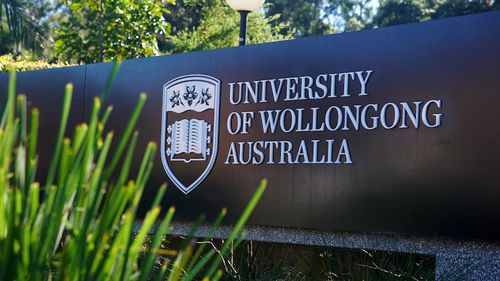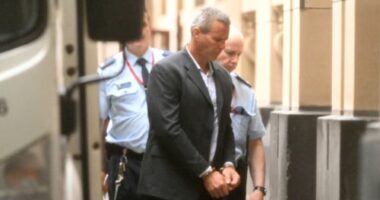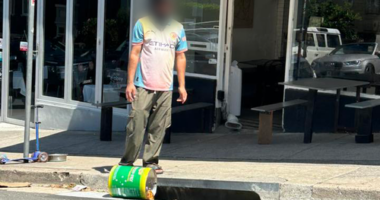Share this @internewscast.com
Nonetheless, staff have voiced concerns about the university’s lack of transparency, claiming important issues remain unaddressed and expressing worries about potential organizational impacts if the reductions proceed.

Dr. Jonathon Mackay, a faculty member in the School of Business and Branch Secretary of the National Tertiary Education Union (NTEU), asserted the university routinely avoids answering challenging inquiries.
“Staff are extremely frustrated by being invited to discussions to express their concerns, only to have those concerns dismissed if not aligned with the university’s views.
“This was confirmed by a member of the senior executive who told staff at a forum that they won’t respond to feedback that they disagree with.”
Chancellor Michael Still, during a Senate inquiry into governance quality at Australian higher education institutions, conceded to being uncertain about staff sentiment, despite his claims of conducting a comprehensive and transparent process.

“I don’t know what they’re feeling,” he said.
“We are driving the most open, transparent, engaged and careful process one can imagine in any institution.
“This is by far the most careful [process] on behalf of staff that I have ever seen.”
Mackay countered, stating the university hasn’t provided sufficient reasoning for the measures being implemented, instead compelling staff to demonstrate their importance to the organization.
He said women in lower-paid positions would be particularly impacted.
“The university consistently says how much consultation they think they’ve had, but it’s about quality, not quantity,” he said.
“The majority of the sessions were led by senior management who essentially demanded staff justify why they shouldn’t be laid off, without offering any transparency on the decision-making process behind these changes beyond vague, repetitive responses.”

He also believes the cuts will leave the university shortchanged, which could actually have more of a financial burden than a benefit.
“We’ll pay out millions in redundancy packages to save millions in recurrent costs but then incur millions in hiring the same people we gave redundancies to,” he said.
That the proposed cuts have come despite the high salary on offer to executives has caused some angst among staff.
Still claimed high salaries had to be offered to executives to entice them to join the university and that high executive salaries and job losses were not linked.
“We need the best people we can get to be the executives of the organisation; that is a competitive environment, and if we don’t offer a competitive salary, they’ll go somewhere else and we won’t have the quality of people to drive the institution,” he said.
“That there are job losses is indeed a great sadness for many of those – a great happiness for others – but the two are not the same issue at all.”
UOW has been approached for further comment.

Pause lifted after SafeWork intervention
“We’re balancing two stressful circumstances: the stress of people who want to know what the proposal is so that they can engage in a conversation around it, and the stress of those who are potentially uncertain about the process,” he said.
“So we engaged with the SafeWork inspector on Friday to adjust the timing and the nature of the communication.
“We had thought that we had adequate provisions in place, but the SafeWork inspector thought otherwise.”













